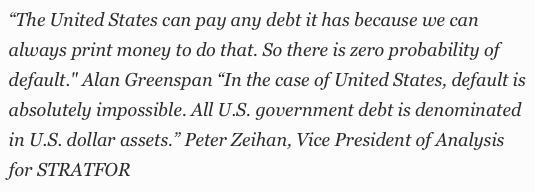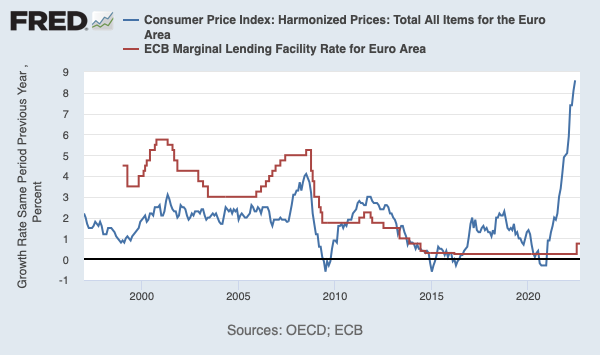
Parliamentary assistant at the European Parliament in Brussels. This is my private account and doesn't reflect the views of my employer.
3 subscribers
How to get URL link on X (Twitter) App


 „Merkel, Altmaier sowie Bundeswirtschaftsminister Philipp Rösler (FDP) möchten bei der chinesischen Führung jetzt erreichen, dass diese ihre Subventionspraxis eindämmt, um eine Klage noch abzuwenden.”
„Merkel, Altmaier sowie Bundeswirtschaftsminister Philipp Rösler (FDP) möchten bei der chinesischen Führung jetzt erreichen, dass diese ihre Subventionspraxis eindämmt, um eine Klage noch abzuwenden.”https://twitter.com/RustamJamilov/status/1725575091801542957The cause is the macroeconomics setup. Every time there is a lack of demand, interest rates are put down, which helps financialization and privatization. Private investment and private debt increase, and so do financial risks and fragility. The alternative policy would be ...



 @Springernomics "Bekanntester deutscher Vertreter der Theorie ist Dirk Ehnts, Vorstandssprecher der Samuel-Pufendorf-Gesellschaft für politische Ökonomie."
@Springernomics "Bekanntester deutscher Vertreter der Theorie ist Dirk Ehnts, Vorstandssprecher der Samuel-Pufendorf-Gesellschaft für politische Ökonomie."

 The Euro was introduced in 2002, exchange rates fixed in 1999. So, we have interest and inflation rates from 1999 onwards. From late 1999 the ECB raised interest rates, but inflation was steady at around two percent.
The Euro was introduced in 2002, exchange rates fixed in 1999. So, we have interest and inflation rates from 1999 onwards. From late 1999 the ECB raised interest rates, but inflation was steady at around two percent.

https://twitter.com/economics/status/1565633930732208128Last time the @ECB hiked the rates (apart from 2011) they started in January 2006 and inflation peaked in July 2008 - 2.5 years after, when a financial crisis hit us. There is no reason to believe that somehow interest rates work better now than they did then. [2/3]


 Featuring @StephanieKelton, @TheStalwart, @FadhelKaboub, @nssylla, @rohangrey, @billy_blog, @ptcherneva, @GennaroZezza, @RichardJMurphy (in order of appearance), many others and myself (on #MMT in the Eurozone).
Featuring @StephanieKelton, @TheStalwart, @FadhelKaboub, @nssylla, @rohangrey, @billy_blog, @ptcherneva, @GennaroZezza, @RichardJMurphy (in order of appearance), many others and myself (on #MMT in the Eurozone).

 The Slovaks use the €uro, the Czech the Czech crown. Maybe the exchange rate of the Czech crown has moved and done something to the inflation rate. Or maybe government spending is higher in the Czech than in the Slovak Republic (data is not available). [2/n]
The Slovaks use the €uro, the Czech the Czech crown. Maybe the exchange rate of the Czech crown has moved and done something to the inflation rate. Or maybe government spending is higher in the Czech than in the Slovak Republic (data is not available). [2/n]


